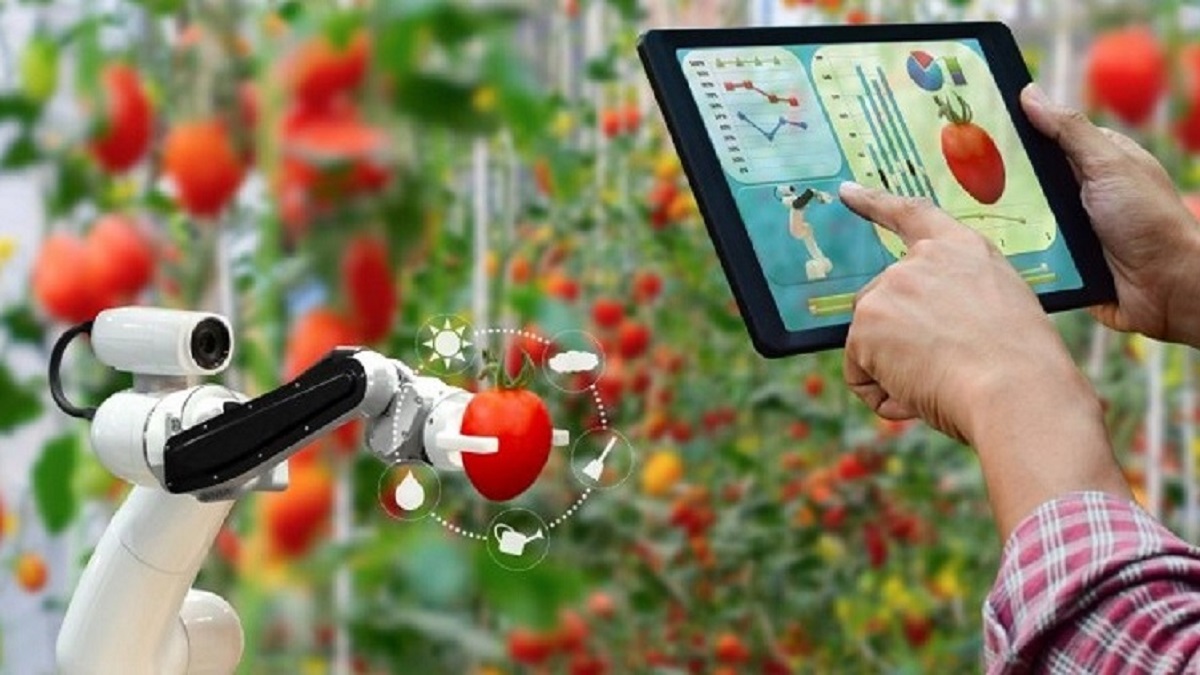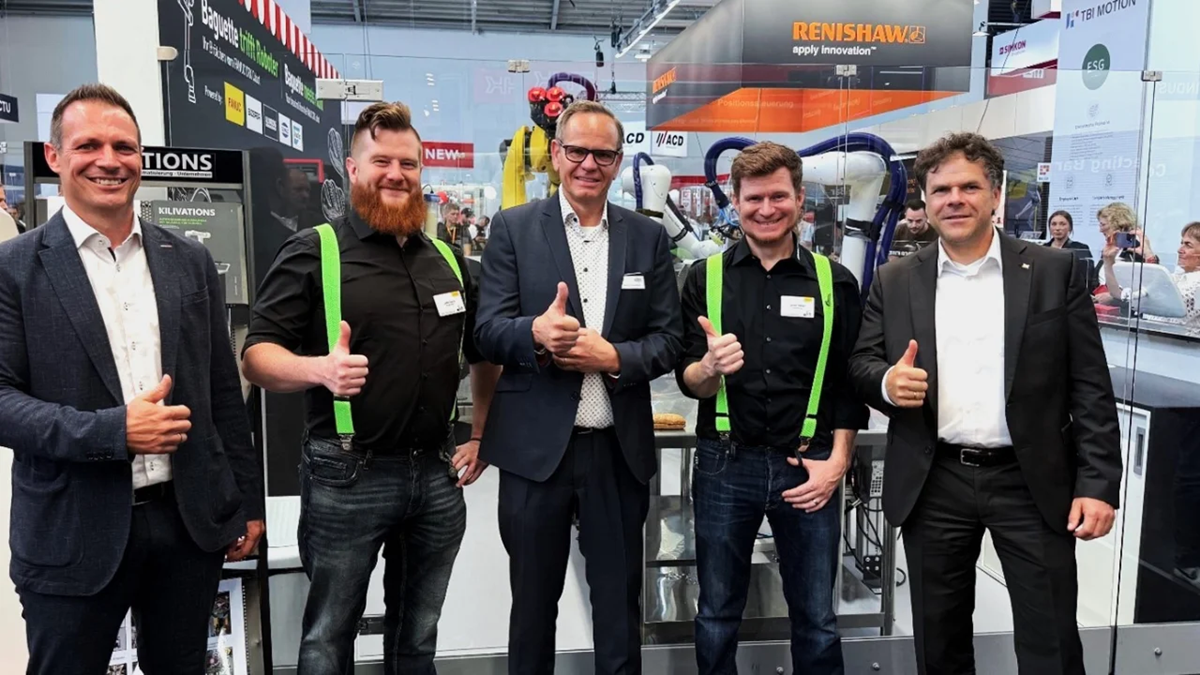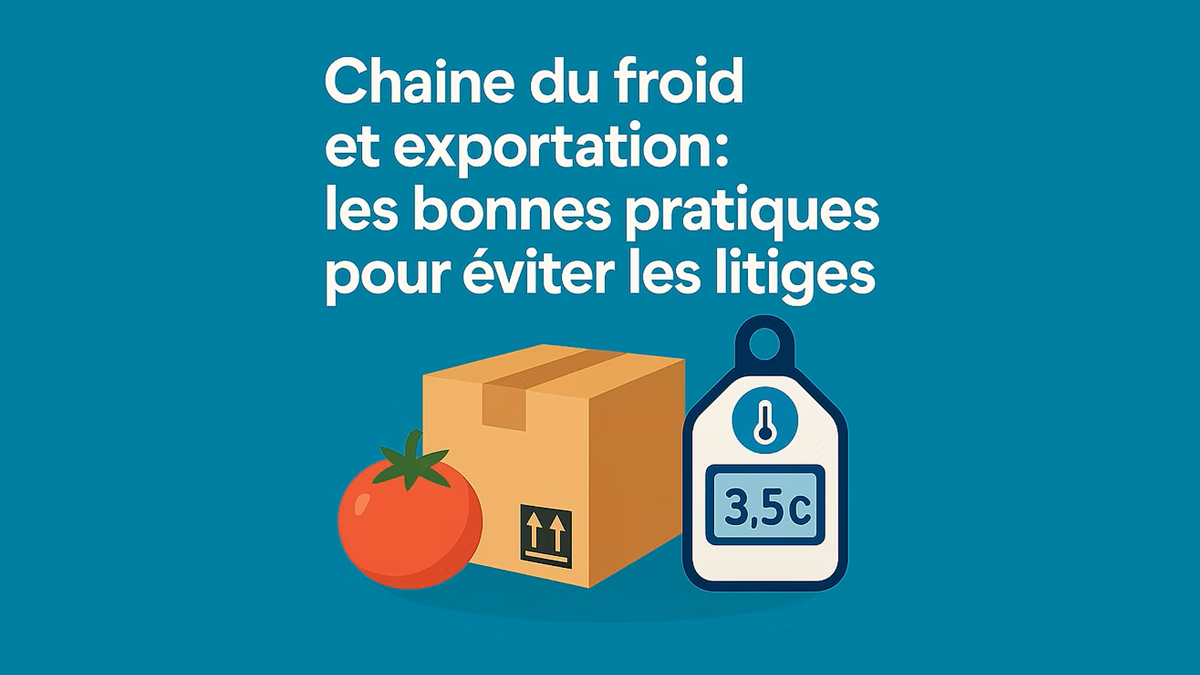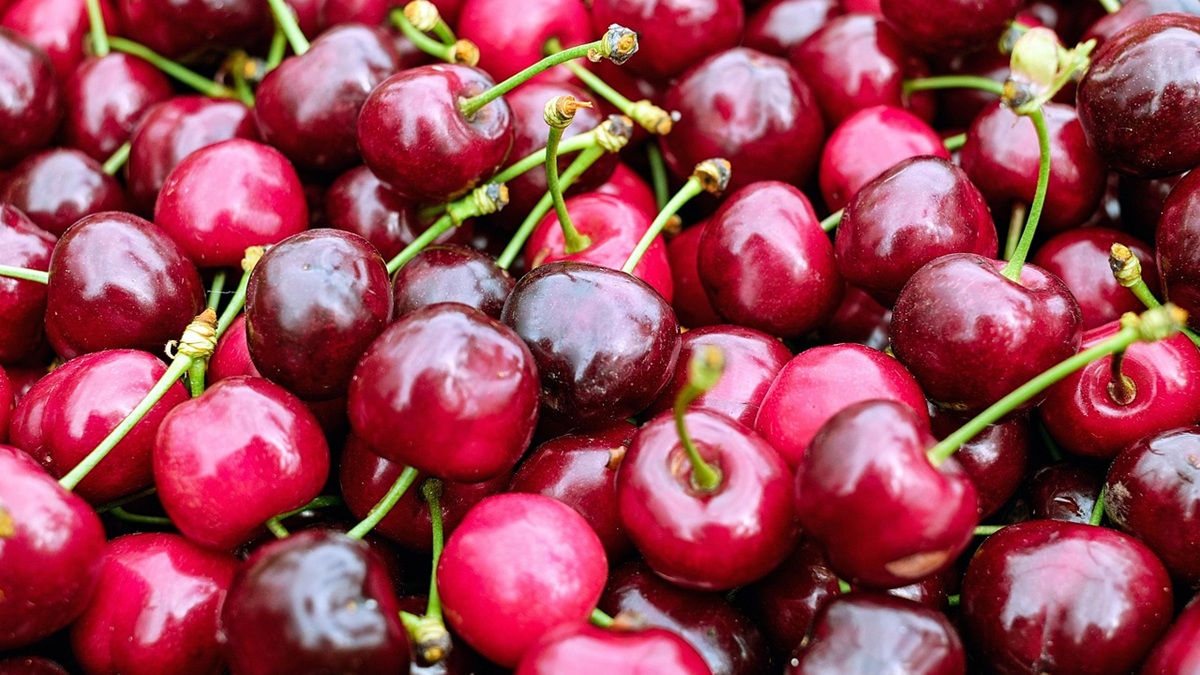Services
Wageningen University, Hands-on Novel Sensing Technologies and Chemometrics
Wageningen Academy is offering an in-person course from 29 September to 1 October 2025, focused on the practical application of non-destructive sensing technologies and chemometric modelling in fresh produce

Redaccion
The fresh produce supply chain is continuously evolving toward more efficient, sustainable, and data-driven systems. Objective quality measurement has become a critical factor in the modernisation of postharvest processes, where quick and precise decisions are essential. Technologies such as spectroscopy, computer vision, and non-destructive sensors allow for a more accurate and reliable characterisation of both internal and external product properties, supporting informed decision-making and significantly reducing losses across the supply chain.
In this context, Wageningen Academy is offering a highly specialised training programme: Hands-on Novel Sensing Technologies and Chemometrics. This intensive course, held at the Wageningen Campus, one of the world’s leading institutions in agricultural and food sciences, combines expert-led lectures with hands-on sessions, bridging the gap between scientific knowledge and practical implementation in the postharvest sector.
Advanced sensing and data analysis for fresh produce quality
The course provides participants with hands-on experience in non-destructive sensing, computer vision, advanced spectroscopy and chemometric modelling, all aimed at assessing the physicochemical properties of fresh produce.
Content is tailored for real-world use in fresh supply chains, with a focus on traceability, waste reduction, and quality assurance. Participants will also explore emerging technologies such as portable hyperspectral imaging, microwave sensing, ultrasound and X-ray systems, evaluating their potential for postharvest applications.
A training programme for postharvest professionals
This programme targets technical professionals involved in quality assurance, food safety, logistics, varietal development, commercialisation or technology innovation, whether in production companies, research institutes, technology suppliers or distribution networks.
No previous experience with sensors or chemometrics is required, but a strong interest in digital tools for postharvest evaluation is recommended. The course combines lectures, practical sessions and data analysis using platforms such as Google CoLab.
Comprehensive overview of leading-edge measurement technologies
Over three days, participants will follow an intensive programme led by Dr. Puneet Mishra of Wageningen Food & Biobased Research, covering the following topics:
- Computer vision and colour sensing technologies, including RGB, multispectral, monochrome, and 3D cameras
- Spectroscopic sensors: UV-Vis, NIR, MIR, Raman, fluorescence, and their use in internal quality assessment
- Environmental sensors: temperature, humidity, and gas detection (ethylene, CO₂) across the supply chain
- Robotics and automation, with real-world demonstrations for postharvest environments
- Applied chemometrics with practical modelling and data interpretation exercises
The programme also includes presentations on emerging technologies, facility tours, expert-led discussions, and concludes with a certificate ceremony and networking session.
Practical information
The course will take place from Monday 29 September to Wednesday 1 October 2025, in person and in English, at Wageningen Campus, The Netherlands. It is limited to 20–30 participants. The standard fee is €1,695, which includes registration, materials, lab sessions, lunches, and one dinner. A reduced fee of €1,125 is available for PhD students. Participants must bring their own laptop. Registration remains open until all places are filled and can be completed via the official website.
Knowledge transfer in the era of smart postharvest
Dr. Puneet Mishra, course coordinator and researcher at Wageningen Food & Biobased Research, says:
"Sensing technology provides us with a kind of superpower vision that helps make better-informed decisions across the fresh supply chain."
This course is part of Wageningen’s commitment to transferring applied research to the agrifood sector. The 2025 edition is supported by the DIP4Agri – Deep Tech Innovation Programme for Agrifood, which promotes the adoption of emerging technologies to build a more efficient and sustainable agrifood chain.












